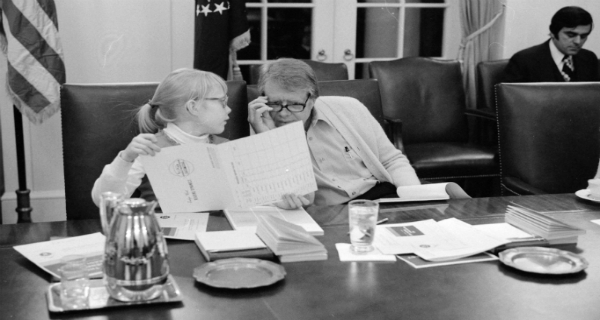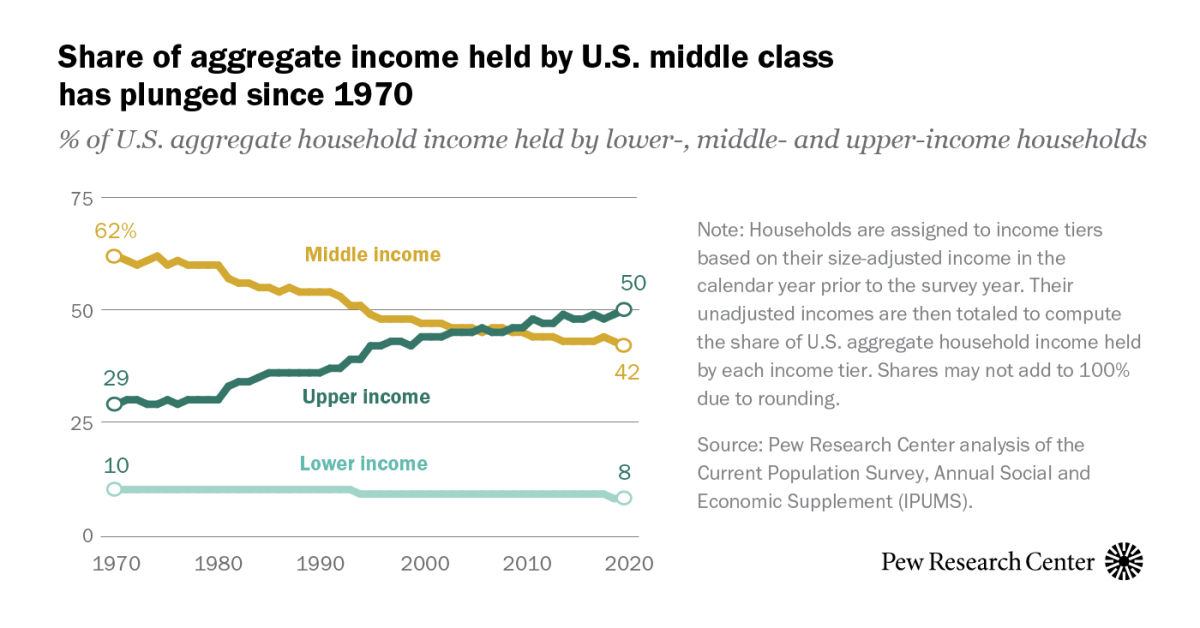
Is being a complicator really that bad?
Yes!
If Carter becomes a really good but flawed delegator, he might go down as an outlier in a really positive way!
Last edited:


Please understand, I’m talking the almost Anti-Carter. He takes his weakness of being a poor delegator, and he consciously works to make it a strength.Best case scenario is narrowly wins reelection
I think you’ve captured southern speaking trying to be formal very well!Who is he delegating *to*? What actions are they taking that against public problems that are *effecemtive*?
Yes, No, Maybe.Being good at delegation doesn't change the late 70s being a trashfire. Your scenario just makes Carter's winning reelection go from 1% probability to like a third.

 www.pewresearch.org
www.pewresearch.org
But what about the numbers in the above graph?and be slower but it'd still happen.
Mostly irrelevant, being realistic here. The only thing you get from employment-based middle classes or tying benefits to employers is economic inefficiency and a culture of slavish dependency. Would rather have unconditional basic income and national healthcare than the network of credentialism/regulations that created the modern white collar middle class.But what about the numbers in the above graph?
Okay, this idea that the middle class is shopkeepers, barbers, doctors, etc. is way old school. I think it’s also part of Marxist theory which is fine with me. I’m happy to borrow and re-purpose good ideas from wherever I find them. But this one I think is mistaken.The only thing you get from employment-based middle classes or tying benefits to employers is economic inefficiency and a culture of slavish dependency
Thank you, and I like the way you divide things.It seems to me that a lot of people's lives are lived out within the incremental numbers and time periods, years, half-decades, decades that @Dancing Fool is parsing things into rather than the grand secular "long-term", multi-decade, generation+ long, "inevitable" trendlines that @Aisha Clan-Clan is saying is the only stuff that matters